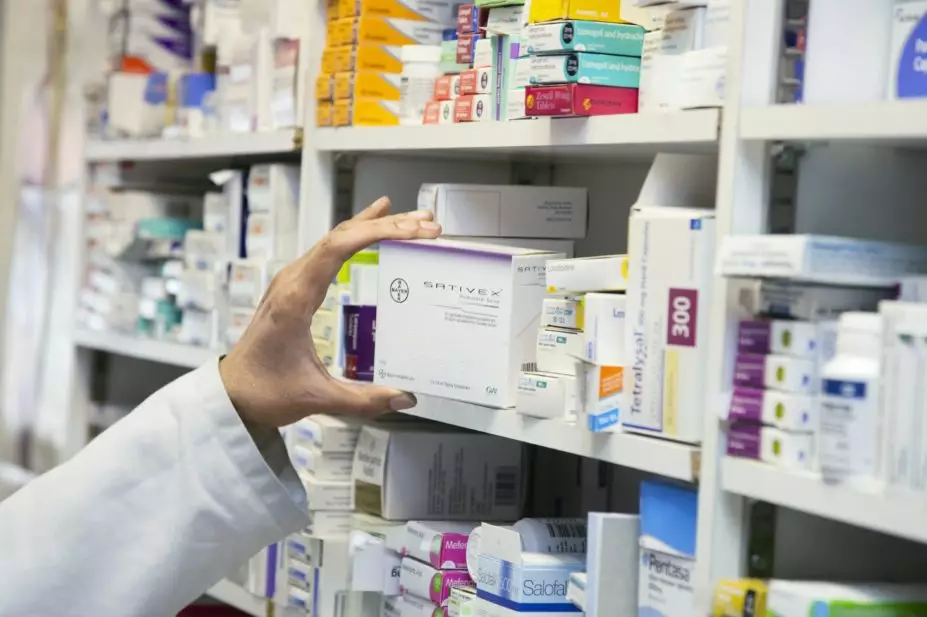
MARK THOMAS/SCIENCE PHOTO LIBRARY
Less than 10% of the cannabis-based medical products (CBMPs) prescribed to patients in 2019 came from NHS prescriptions, a report by the Care Quality Commission (CQC) has found.
The regulator’s annual ‘Safer management of controlled drugs’ report, published on 21 July 2020, found that 259 CBMP items had been prescribed privately during 2019, while 18 items had been prescribed through the NHS — 6.5% of the total number of CBMP items prescribed.
The publication comes after the Home Office announced that the medical cannabis product Epidyolex (GW Pharmaceuticals) would be rescheduled from Schedule 2 to Schedule 5 under the Misuse of Drugs Act on 24 June 2020, after experts said this would make prescribing and dispensing the product easier.
In November 2019, the National Institute for Health and Care Excellence recommended two CBMPs – Epidyolex and Sativex – for reimbursement under the NHS.
While the data published by the CQC showed an overall increase in the total number of private prescriptions for CBMPs, from 4 in January 2019 to 42 in December 2019, NHS prescriptions remained stagnant with two items and one item prescribed in the same months respectively.
Daniel Couch, medical director at the Centre for Medicinal Cannabis, told The Pharmaceutical Journal that CBMPs “should not be the reserve of the private sector, but should be assessed and prescribed inclusively across the NHS where appropriate as dictated by the needs and resources of the population”.
“Should the existing NHS infrastructure be insufficient to support this, we may suggest that a policy intervention accommodating for the appropriate assessment of these patients across the public sector be introduced,” he said.
He added that, after changes to the law around medical cannabis, “it was widely anticipated that a rapid increase in the prescribing of these novel pharmaceuticals would take place in the UK, both in the private sector and the NHS. This report demonstrates the contrary.”
The medical use of cannabis-based products was legalised on 1 November 2018; however, patients have repeatedly complained about a lack of NHS prescriptions for the drug.
In May 2019, The Pharmaceutical Journal reported that the All-Party Parliamentary Group on Medical Cannabis under Prescription had put forward 22 families to speak with NHS England as part of its “rapid processes evaluation” of NHS medical cannabis prescribing, with some of these families forced to pay £40,000 per year to access medical cannabis privately.
A spokesperson for the Department of Health and Social Care said: “We sympathise with patients dealing with challenging conditions, and the decision on whether to prescribe medicinal cannabis is ultimately one for clinicians to make.
“Since the law changed, two cannabis-based medicines have been made available for prescribing on the NHS for patients with multiple sclerosis or hard-to-treat epilepsies, where clinically appropriate. This follows clear evidence of their safety, clinical and cost effectiveness,” they added.
“However, more evidence is needed to routinely prescribe and fund other treatments on the NHS and we continue to back further research and look at how to minimise the costs of these medicines.”
You may also be interested in

Tackling the NHS drug budget: why we set up a regional collaboration for medicines value

Lack of joined-up working between pharmacy and general practice is ‘nonsensical’, says former BMA chair
